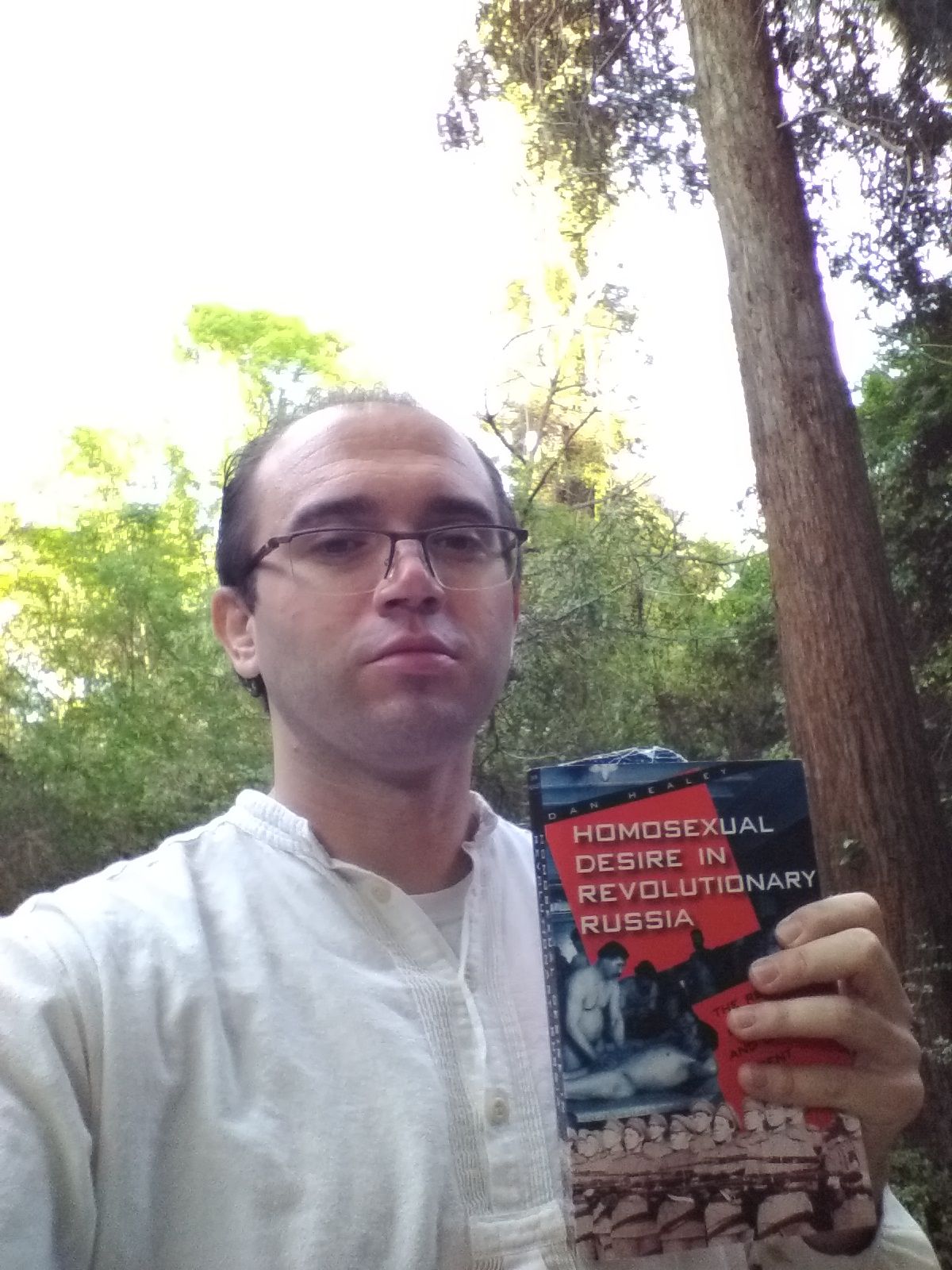Content warning: This post discusses themes relating to suicide.
Bushnell contacted CrimethInc with their final words, which you may read about here.
There has been some consideration, based on readings of their online profiles, that Bushnell may have been a trans woman. In this article, we will respect how they chose to present themselves at their death, but keep in our thoughts the struggles they may have faced in life.
'[...] in the case of suicide, an army of wicked people is necessary to induce the body to that gesture against nature of depriving itself of its own heart' Antonin Artaud.
At 1pm (UTC -5) on 25th February 2024, a young man twenty-five years of age walked to the Israeli embassy in Washington, DC, and there was set on fire by American society for crimes against crimes against humanity, before later succumbing to his injuries and dying. This is not a factual account of what happened, but is a more real summary than some ‘factual’ accounts we have so far seen. Aaron Bushnell, a serving member of the US Air Force, engaged in the act of protest of self-immolation in front of the Israeli embassy in response to ongoing genocide perpetrated by the Zionist state on the Palestinian people. This was done, he said, because as a serving soldier in the US military, he refused to be complicit in genocide.
His act has received both more and less attention than other acts of self-immolation. In contrast to the famous Vietnamese Buddhist monk Thích Quảng Đức, there are no iconic, clear images of his protest. All we have are grainy stills from the livestream he shared on Twitch. Journalists refused to share the video, claiming many reasons which, however valid, are in direct contravention of Bushnell’s last wishes. But at the very least we know his face and name, which cannot be said of the protestor who self-immolated outside of the Israeli consulate in Atlanta, Georgia, in December. Others noted a similarly subdued response to the self-immolation of Wynn Bruce, who self-immolated on 22 April 2022 — Earth Day. The case of Wynn Bruce shows that, if capable, the State will 'smother the fire' of a self-immolation protest, suffocating its message.
In the case of Aaron Bushnell, the media’s hand was partially forced. His final statements were shared with, for example, the anarchist media site CrimethInc and quickly spread online. Soon, media outlets were reporting his statement, leading in one case to a shocking read-out of his words on CNN. This is not an inspiring act of telling the truth, rather, but an attempt to keep on top of runaway news trends. If it were, we would see Bushnell’s image broadcasted around the world in line with his wishes. Even in a world where news broadcasters could share such imagery, they likely would not unless forced in the way just described.
The media’s motivations quickly became clear very soon. Many have began depicting Aaron Bushnell as “insane” and any praise of his bravery as a romanticism of suicide. News outlets have tried started to smear Bushnell for his childhood in a religious sect and to his anarchist ties. A man dying for a cause he believed in is reduced to another subject for celebrity gossip like criticism. In short, they want you to see this man as irrational, as insane. A lunatic [1].
The logical response to this would be to disprove any and all statements about his mental illness. But in all honesty, whether Aaron Bushnell was mentally unwell or not is irrelevant to his act of self-sacrifice[2]. He stands in a long and proud tradition of protestors who have self-sacrificed in an attempt to end oppression. Even if he were, would the mental illness he is alleged to have experienced made his profound and intense despair invalid, despite that being a feeling many of us share? It is in fact no measure of health to be well-adjusted to a sick society. In any case, what is a lunatic but someone whom society has not wished to listen to, and whom it is determined to prevent from uttering unbearable truths.
And this is the crux of the matter: that Aaron Bushnell did not kill himself but was set alight by a society in which it is unbearable to live, and does not want to confront this fact. You only have to look at the chickenshits over at National Review, who cried that the self-immolation was 'an act of moral blackmail.' Through self-immolation, Bushnell simply manifested this reality, made the unbearable visible in a way that circumvents Israeli Occupation Forces approval. That journalists did not share his video was an acknowledgement that the truths he told us were in fact unbearable. They revealed that we can quote James Baldwin all we like, but that we do not have the strength to face that which needs to be changed. By removing the video from circulation, the event can merely be talked about, described, analysed, misrepresented. And then it can be forgotten. Absent the discomfort of watching a man burn to death, the whole act - much like Palestine itself - seems much more manageable.
Even more disturbing to the media was perhaps his proclamation that his self-immolation was nothing compared to the suffering of the Palestinian people. That a man dying screaming is only a fraction of what our society inflicts on others elicits images of blood overflowing a teacup. And this blood begets blood, for what is practised on the Palestinians is practised in the US in places such as Cop City, and by many other police forces around the country. It is practised on Black Americans, Indigenous people, on those that refuse to reconcile themselves with the settler colonialism going on at home. Faced with these truths, and with the prospect of forfeiting human love, dignity, and freedom, Aaron said he would rather die. It is precisely this refusal for which American society seeks to kill him a second time.
In this act of protest, Bushnell has thrown down a gauntlet to American society, asking it to look him in the eye by bringing the fire to them. He did this in such a way that even distance and the barrier of TV screens cannot hide the distressing sight of white phosphorus burns. But he has also challenged us to question what exactly it is we will do for the Palestinian people, what it is we will sacrifice. These are questions we must ask ourselves and answer in due time. But first we must have the strength to face the truths he has shown us. Many, including Bushnell himself, have called his act of self-immolation extreme. But I think it is only extreme in its compassion, in the embodiment of other people’s suffering. He has asked us to keep his message alive. That is a responsibility we must take seriously.
When they re-cremated Thích Quảng Đức, they found that his heart had remained intact, which then became a relic symbolising compassion. You are gone now, Aaron, but your heart burns on, burning with the hearts of many other martyrs, all of whom we are duty-bound to remember. They will burn far beyond the end of this genocide, for to paraphrase Alaa Ab-del Fattah: the settler state is for an hour, just for an hour. But Palestine is forever.
[1] The word ‘lunatic’ is an outdated term for mentally ill people. It’s use in this essay exists purely to echo it’s use in the essay ‘Van Gogh, the suicide of society’ by Antonin Artaud. Artaud was a French playwright, poet and theatre director who was institutionalised during the 1930s-1940s, where he suffered profoundly at the hands of psychiatric system. I have chosen to use this word because Artaud’s vicious polemic against the stigmatisation of mentally ill people was a considerable influence on this, and I believe in his message that far from being irrational, mentally ill people are incarcerated and isolated because the truths they have to say about our society are ‘unbearable’. If they can be described as threats, it is as political ones.
[2] As many comrades can attest, there is no real dichotomy between enacting praxis and one’s mental state. Indeed, groups like Campaign for Psychiatric Abolition in the UK have shown that not only are ‘mad’ people struggling in parallel to and linked with other struggles, but that the struggle for abolition of the psychiatric system is a liberation struggle in itself.
Many thanks to our patrons who help keep The Commoner thriving:
Kevin Atkinson, Vervain, Carrie Sanders, Ben Dunn, Barry, Loke, Alex Paterson, Le Val, Bogdan Ovidiu Gheorghiu, Cy.Maggran, Chaotic Capybara, Diana Rahim, Jordan, Joshua Akapo, Kimonoko, Meghan Morales, Aryeh Calvin.



